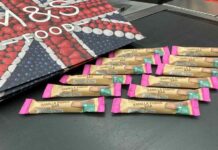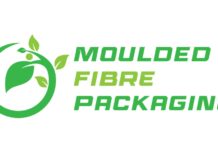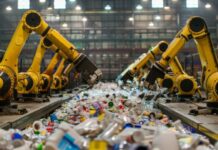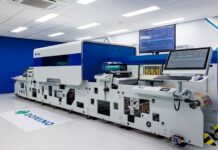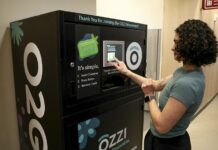Plastic’s omnipresence in our lives is undeniable – it pervades items from food containers and car interiors to laptops and smartphones. However, our excessive reliance on plastic, coupled with its one-time use and disposal, has turned it into an ecological hazard. The UN Environment reports alarming figures: one million plastic bottles are bought every minute, and up to 5 trillion single-use plastic bags are consumed annually. This trend necessitates a shift in our lifestyle and a heightened emphasis on plastic recycling.
Plastic recycling is indeed possible, with various types of plastic being easily recyclable. These include PETE (water bottles), HDPE (oil cans, shampoo bottles), PVC (intravenous drips), LDPE (carry bags), PP (car components), and PS (tools). For instance, PET, or Polyethylene terephthalate, a strong synthetic fiber derived from ethylene glycol and terephthalic acid, is extensively used for water bottles due to its lightweight, non-reactive, and durable nature. Recognized by global health authorities, PET ensures safety for consumable and medical applications. Crucially, PET is 100% recyclable and sustainable, finding renewed life as personal care product containers, clothing fibers, automotive parts, and more.
Comparing PET to glass as a packaging material reveals the advantages of plastic. While glass is often considered more sustainable due to its reusability, PET’s durability, lightweight composition, and ease of reusability through washing counterbalance this perception. Glass containers, over time, are susceptible to biofilm growth, compromising safety, while PET remains resistant to such issues. Additionally, the manufacturing process of PET bottles proves more environmentally friendly than that of glass.
When comparing PET to other alternatives like stainless steel and aluminum, it still holds its ground. Stainless steel bottles, though durable, come at a higher cost and environmental impact due to resource-intensive manufacturing. Aluminum boasts high recyclability but faces challenges related to mining’s ecological consequences and pollution during its production. Notably, aluminum cans exhibit roughly double the greenhouse gas emissions of plastic bottles.
The crux of the issue lies in our disposal habits and consumer awareness. By making slight lifestyle adjustments and recognizing the reusability potential of PET containers, we can mitigate its negative impact. At present, discarded PET bottles often end up in landfills or oceans, persisting for centuries and endangering ecosystems. Through effective recycling initiatives, these problems could be mitigated.
Comparatively, PET outshines its alternatives due to its lower carbon footprint, affordability, and ease of transport. Its recyclability and versatility position it as a pragmatic choice in the ongoing effort to balance convenience with environmental responsibility.






